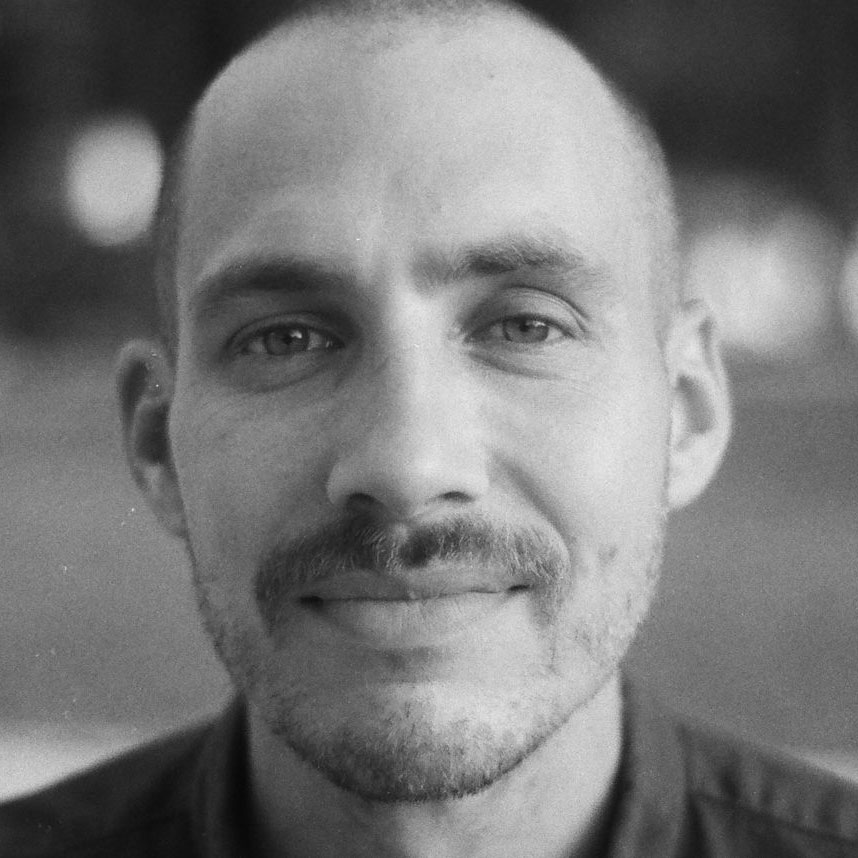 Vera Livchak/Getty Images/Getty Images
Vera Livchak/Getty Images/Getty Images The Israelites’ journey through the wilderness, recounted in this week’s Torah reading, can sometimes feel like an endless and depressing progression of sins, rebellions, and strife. All of that is overshadowed, however, by a miracle that happens so slyly that the text doesn’t even mention it explicitly: new people enter the story.
By the end of the book of Numbers, the entire generation that left Egypt has died. Officially, this was a punishment for the sin of the spies. According to the commentator Ibn Ezra, however, the punishment was more of a pretense. God’s real reason for forbidding the old generation from entering the land of Israel was the fact that they had tasted the bitterness of slavery. They could therefore be freed, but never truly liberated. The physical bonds had been loosened, but the spiritual and psychological ones never would be. The new generation, however, was unencumbered by that dark history. The traumas of Egypt, Pharaoh and the plagues existed for them in that hoary place that lies beyond the starting point of our own personal timelines.
The Torah is telling us something: for a new era in human history, new people are required, which means that the old ones must — at some point — step aside.
Our contemporary culture is less interested in new people. Yes, we are obsessed with youth, but this is rooted in something completely different, which is our fear of death — our inability to cope with endings. The Torah’s election of new people to enter the land of Israel, on the other hand, is rooted in a deep acceptance of death — an understanding that everyone’s term must come to an end.
All around us we see resistance to the kind of changing of the guard depicted in the Torah. On the West Coast, tech billionaires pour their vast wealth in curing the “diseases” of aging and death. In the West Wing and on Capitol Hill, a gerontocracy controls the levers of state power. Throughout the world, stultified words of long dead men enjoy a new authority as religions embrace fundamentalist ideologies. This cultural tendency may be rooted in our deep ambivalence about the future. We look forward and see ecological, cultural, and political decline.
New people could save us, if only we believed that they existed. Instead, we believe that people are born preloaded with the tragedies and wounds of our ancestors.
“Intergenerational trauma” may prove to be the buzzword of the decade, repeated ad nauseam in college classrooms and memoir workshops. As Freud’s theory of the id, ego, and superego became a defining schema of self-understanding for 20th century man, foggy notions of epigenetics and inherited memory serve the same purpose for 21st century man.
At the same time, we are more cynical than ever about the value and morality of procreation. What right, we ask, do we have to bring new people into the world just to offer them up to that dark, authoritarian, ecologically devastated world that lies, surely, around the corner.
Not all of these attitudes are wrongheaded.
But new people remain our best and only hope. Indeed, the entire messianic idea that has served as the beating heart of Jewish religious life for millennia, is founded on nothing more elaborate than a basic trust in the radical potential of new people to change the way of things.
Recently, I had a conversation with my father about my brother’s new baby, his first and the first of a new generation in our family. We discussed the way the baby had changed our perspective on the past, seeming to heal old wounds and repair broken relationships just by virtue of his simple and beautiful way of being in the world. All that came before his arrival, like the journeys recounted in this week’s Torah reading, are still our family’s story. But they no longer dominate the present. Or, at the very least, they don’t have to.
We discussed the way the baby had changed our perspective on the past, seeming to heal old wounds and repair broken relationships just by virtue of his simple and beautiful way of being in the world.
Suddenly I got it. That presence that babies have — that charisma, that healing quality — it isn’t merely that they are cute, or innocent, or loving.
It’s something much more profound and miraculous than this.
They are new here, and through them, we can be too.
Matthew Schultz is the author of the essay collection “What Came Before” (2020).























 More news and opinions than at a Shabbat dinner, right in your inbox.
More news and opinions than at a Shabbat dinner, right in your inbox.